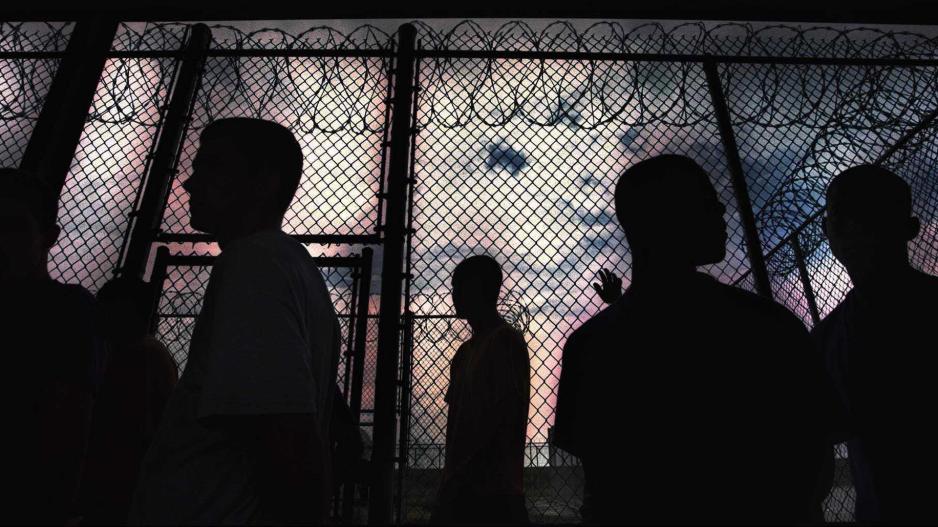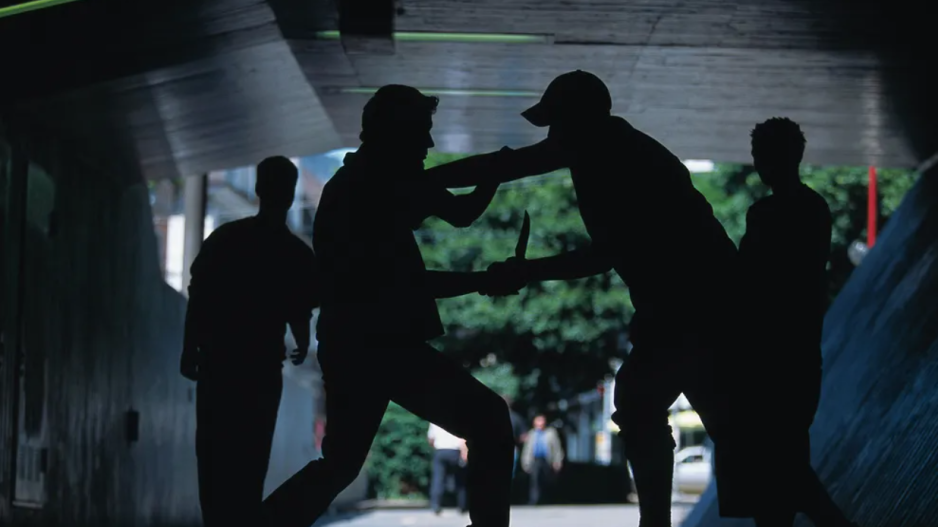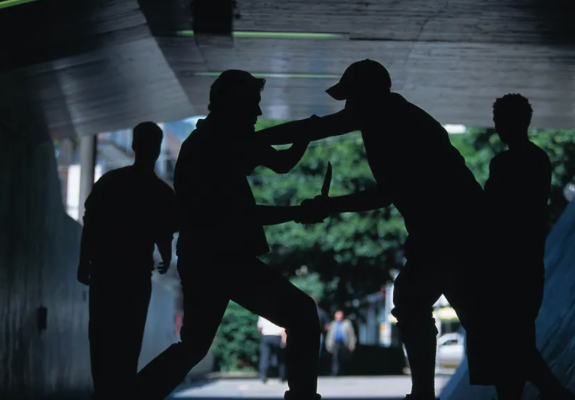The Age of Anger: Why More Teens in Cyprus Are Turning to Violence
As incidents of youth delinquency escalate in Cyprus, FastForward speaks with experts to understand what’s fueling the trend — and what must urgently change.
Delivery drivers are being attacked by teen “gangs.” Teenagers are losing their lives to illegal fireworks. Classrooms are being vandalized. Teen fights are filmed, edited, and uploaded for the likes. Behind the headlines, Cyprus is witnessing a troubling rise in youth delinquency — a shift not just in frequency, but in nature.
“Youth delinquency in Cyprus is the result of multiple factors: destabilised family environments, socioeconomic uncertainty, a lack of mental health prevention, and alienating school settings,” says Dr. Stavros Parlalis, Associate Professor in Social Work at Frederick University. “Understanding these causes is the first step towards meaningful and targeted responses.”
The problem is not new. But, as Dr. Maria Konstantinou, sociologist and criminologist, stresses: “Delinquency hasn’t just become more common — it’s become more theatrical.”
Violence, she explains, has turned into a performance: “It’s often recorded on video, uploaded for show, and done to impress peers. It’s not just an act — it’s a spectacle.”
Dr. Despina Cochliou, Assistant Professor of Social Work at the University of Nicosia, and licensed social worker Mr. Nicolas Antartis add that the age of offenders is also dropping. “We now see primary school students engaged in behaviours previously limited to teenagers,” they note. “And there’s a worrying normalisation of violence as a means of conflict resolution — something young people absorb from social media, video games, or their surroundings.”

According to official police figures, the situation is worsening. In 2024 alone, 761 minors were involved in 497 criminal cases — 299 of which were serious offences. Among those involved, 725 were boys and 36 girls, with 46 minors under the age of 14.
This marks a steep rise from 2023, when 598 minors were involved in 404 cases. That year saw 240 serious crimes and 164 minor offences involving young people. Notably, more than 60% of those charged in 2023 were aged 14–17.
Across all four expert accounts, one theme repeats: family instability is central. The absence of parental guidance, emotional neglect, or exposure to domestic violence were described as common roots of youth aggression. When parents fail to offer structure or affection — or when conflict dominates the home — children internalize that dysfunction and often mirror it through antisocial behavior.
This is compounded by poverty and inequality, with all experts noting how economic hardship, social exclusion, and the lack of future prospects foster resentment and risk-taking. Many young offenders come from marginalized backgrounds, where they feel ignored by institutions and alienated from mainstream society.
Another common thread: the digital ecosystem is now a key accelerant of youth violence. Cyberbullying, viral ‘challenges’, and toxic online personas that glamorize aggression have warped teens’ perceptions of social interaction. Social media doesn’t just document violence — it incentivizes it.

The experts unanimously criticised the school system’s inability to offer consistent, coordinated responses to student delinquency. “Many schools lack trained psychologists or social workers,” Dr. Konstantinou points out. “There’s no systematic recording or evaluation of incidents, making it hard to build coherent policies.”
“A single psychologist often serves multiple schools, making it impossible to build trust or intervene early,” adds Dr. Parlalis. “The Ministry of Education still refuses to employ social workers, despite years of calls to do so. It’s time for change.”
All four expert perspectives agree that schools should be places of belonging — not rejection. When a student feels marginalized, misunderstood, or unsafe at school, it fuels detachment and sometimes rebellion. As Dr. Cochliou and Mr. Antartis emphasise, prevention must take priority, pointing to the need for programs that foster empathy, mental health support, and peaceful conflict resolution — rather than relying on reactionary discipline alone.

Dr. Parlalis and Dr. Konstantinou emphasized that the current response to youth delinquency is scattered across ministries and initiatives, with little strategic cohesion. “What we have today are disconnected programs across ministries and organisations,” says Dr. Parlalis. “We need early intervention, cross-sectoral cooperation, and involvement of young people not as problems, but as part of the solution.”
Experts agree that early mental health support is not just helpful — it’s essential. Unaddressed depression, anxiety, and emotional dysregulation often lie beneath the surface of teen violence. The current lack of professional infrastructure in schools, especially outside urban centers, leaves many minors to cope alone until conflict erupts.
Each of the experts returns to the family — not just as a source of the problem, but also as part of the solution. “Parents who show interest, who set clear boundaries and offer emotional support, create a sense of safety,” says Dr. Konstantinou. “On the contrary, indifference, conflict, or excessive pressure alienate the teen and increase the chance of deviant behaviour.”
But community also matters. Both Dr. Parlalis and Dr. Cochliou–Mr. Antartis highlighted the importance of youth centers, structured after-school programs, and public spaces where young people can engage creatively and safely. “Community prevention councils involving parents, schools, youth, and local authorities have shown promise,” says Dr. Parlalis. “But they need institutional support to work.”
Despite the challenges, models of effective intervention do exist. Programs such as Communities That Care and Neighborhood Watch have shown success in fostering local collaboration and early outreach.
Dr. Konstantinou highlights the role of programs like mentoring, creative activities, sports, and volunteering, which offer young people constructive alternatives for self-expression and community involvement. Yet she also cautions that without broader institutional and policy backing, such efforts often remain limited in scope.
Dr. Cochliou and Mr. Antartis also stress that parenting education must be mainstreamed. They argue that policies must “support the family as a space of communication and emotional bonding,” while promoting national strategies for the prevention of abuse and neglect.
All four experts agree: the most urgent step is to adopt a national prevention strategy — one that is coordinated, evidence-based, and inclusive of all stakeholders.
“Prevention isn’t the job of one institution,” says Dr. Konstantinou. “It’s a collective responsibility. We must invest in schools, support vulnerable families, and empower communities.”
Dr. Cochliou and Mr. Antartis are blunt: “If we don’t tackle the root causes, the rise in youth violence won’t stop at schoolyards. It will spread further into our society.”
There is no quick fix. But for Cyprus to stem the tide of youth delinquency, it must start by listening — not only to the experts but to the very voices it risks losing.






